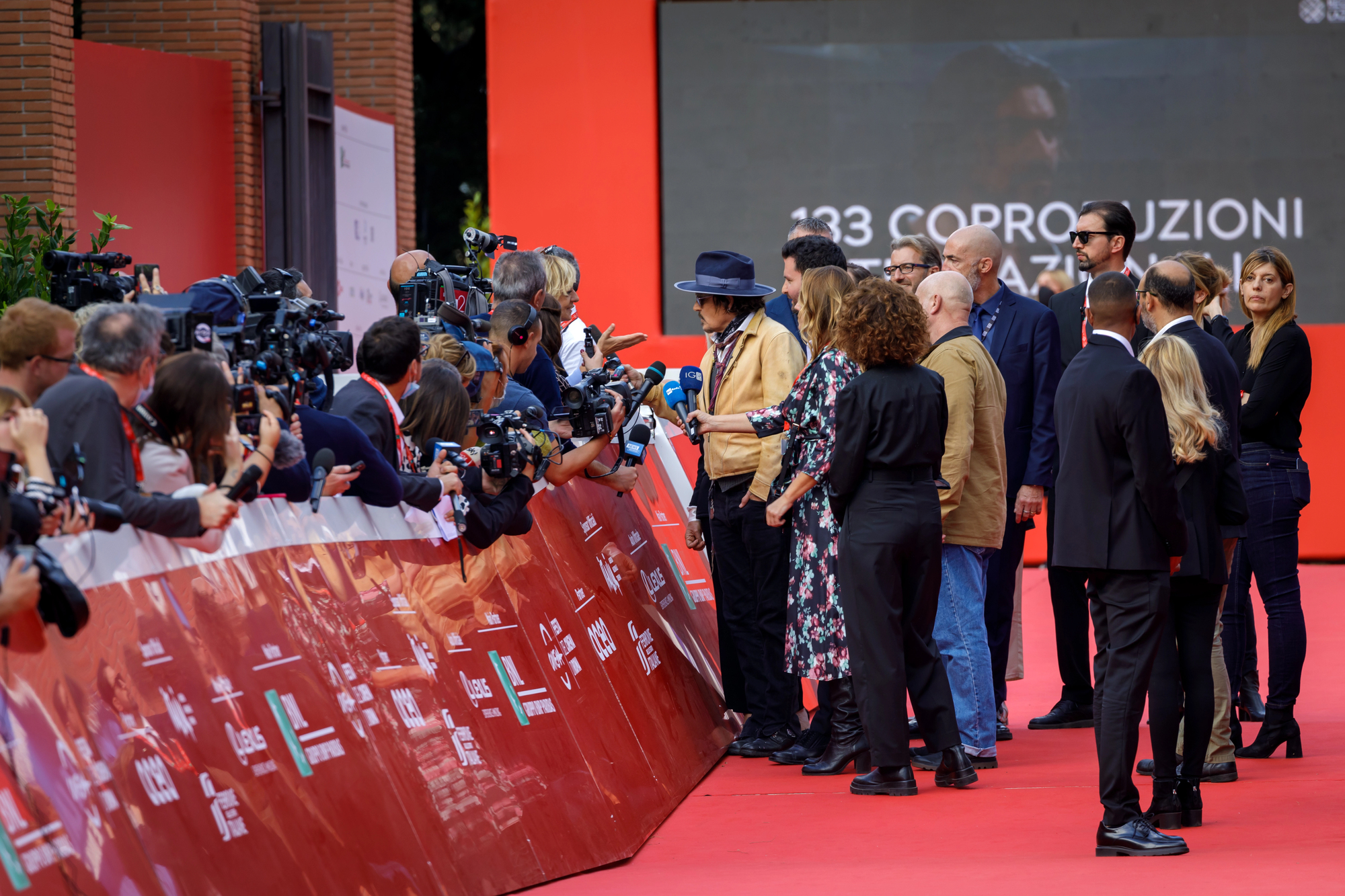Betting on Absurdity: Most Outrageous Categories to Watch at the MacGuffins

In the world of cinema, a “MacGuffin” is a famed plot device – an object like a secret formula, a mysterious briefcase, or a stolen artifact that drives the narrative and motivates the characters, even if its specific nature is secondary to the chase. It is fitting, then, that the Property Masters Guild (PMG) chose this iconic term for their own awards ceremony. While the name might evoke a sense of the absurd, the MacGuffin Awards are a serious celebration of one of film and television’s most crucial and underappreciated crafts: the art of the prop.
In September 2024, the PMG held its inaugural MacGuffin Awards at the Belasco Theater in Los Angeles, shifting the spotlight from the stars in front of the camera to the artisans behind the scenes. These awards honor the property masters who source, design, and manage the objects that build worlds, define characters, and, in many cases, become iconic in their own right. The first-ever ceremony recognized an incredible slate of productions, proving that whether in a historical epic or a post-apocalyptic drama, props are the tangible pieces of story our heroes hold in their hands.
The Inaugural Film Champions: History, Fantasy, and High-Stakes Action
The film categories of the 2024 MacGuffin Awards celebrated projects that relied heavily on their property masters to create authentic and immersive worlds.
The award for Period Feature Film went to Guillaume Delouche for his work on the Best Picture Oscar winner, Oppenheimer. In a film dedicated to historical accuracy, the props were paramount. This would have included everything from period-specific scientific equipment and chalk-filled blackboards to personal effects like J. Robert Oppenheimer’s signature hat and pipe. Every document, dial, and device had to transport the audience to the high-stakes environment of the Manhattan Project.
For Fantasy/Science Fiction Feature Film, the prize was awarded to Balázs M. Kovács for Poor Things. This film presented a different challenge: creating a world that was both period-inspired and fantastically surreal. The props here were essential to establishing the film’s unique, off-kilter tone, from bizarre surgical instruments and hybrid animal specimens to the ornate and unusual objects that filled its highly stylized sets.
The winner for Contemporary Feature Film was David Cheesman for Mission: Impossible – Dead Reckoning Part One. In a modern action franchise, the property master’s work is often centered on high-tech gadgets and crucial plot devices. For this film, the central MacGuffin was the two-part cruciform key, an object that had to be visually distinct and believable as the key to controlling a rogue AI.
Television’s Finest: From Period Kitchens to Post-Apocalyptic Backpacks
Television production, with its extended storytelling, offers a deep canvas for property masters to work on, and the MacGuffin Awards honored a wide range of genres.
Laura Roeper won for her work on Season 2 of The Bear. The props in this series are almost characters themselves. The chaotic, high-pressure kitchen environment is defined by its tools: the well-worn knives, the specific pots and pans, and, most famously, the cash-stuffed tomato cans that drive the plot.
In the realm of fantasy and science fiction, Justin Onofriechuk was recognized for the first season of The Last of Us. The props in this series were vital for both world-building and emotional resonance. Joel’s survival gear, Ellie’s cassette player and pun book, and the scavenged items found throughout their journey all served to ground the post-apocalyptic world in a tangible reality.
Jode Mann’s work on the mini-series Lessons in Chemistry was also honored. Recreating the look and feel of the 1950s and 60s required meticulous attention to detail, from the period-accurate laboratory glassware of a research facility to the perfectly curated props for the set of the television cooking show, “Supper at Six.”
Other television winners included Brad Einhorn for the final season of the period drama Perry Mason, Jeffrey Johnson for the contemporary spy series Tom Clancy’s Jack Ryan, Julie Heuer for the multi-camera sitcom That ‘90s Show, and Todd Daniels for the final season of A Black Lady Sketch Show.
Honoring the Legends of the Craft
Beyond specific productions, the inaugural MacGuffin Awards also presented two major honorary awards to titans of the industry.
The Lifetime Achievement Award was presented to Emily Ferry, a trailblazer whose work has left an indelible mark on cinema. Her incredible list of credits includes How the Grinch Stole Christmas and Addams Family Values.
Russell Bobbitt won the Hill Valley Humanitarian Award. Bobbitt was the creative force behind some of the most famous props in modern film history, including Iron Man’s arc reactor and Captain America’s shield. The award recognized his outstanding philanthropic work.
Betting on the Craft: A Gambler’s Guide to the MacGuffins
While not yet a mainstream market, betting on the MacGuffin Awards offers a unique challenge for cinephiles. Success requires moving beyond which film has the most memorable “hero prop” and instead considering the deeper artistry involved. Bettors should analyze the degree of difficulty and narrative importance. For Period categories, the focus is on painstaking historical accuracy, making a contender like Oppenheimer a logical favorite. Conversely, in Fantasy or Sci-Fi, the winner, such as Poor Things, often excels at imaginative world-building through its unique, tangible objects.
A key strategy is to watch for “guild synergy.” Productions earning nominations from the Art Directors Guild or Oscars for Production Design often feature award-worthy prop work, as overall aesthetic excellence is interconnected. Furthermore, television categories reward props that become integral to a show’s identity. Consider how the kitchen tools in The Bear or the emotionally resonant artifacts in The Last of Us are as crucial as any character. Wagering on the MacGuffins is a bet on which artisan most successfully used physical objects to tell a compelling story, rewarding a keen eye for the tangible details of filmmaking.
The MacGuffin Awards have successfully carved a new and vital space in the awards landscape. They remind us that filmmaking is a collaborative art form where every detail matters. The work of property masters is the crucial link between the actor and the world they inhabit, turning abstract ideas into the concrete objects that tell a story.







